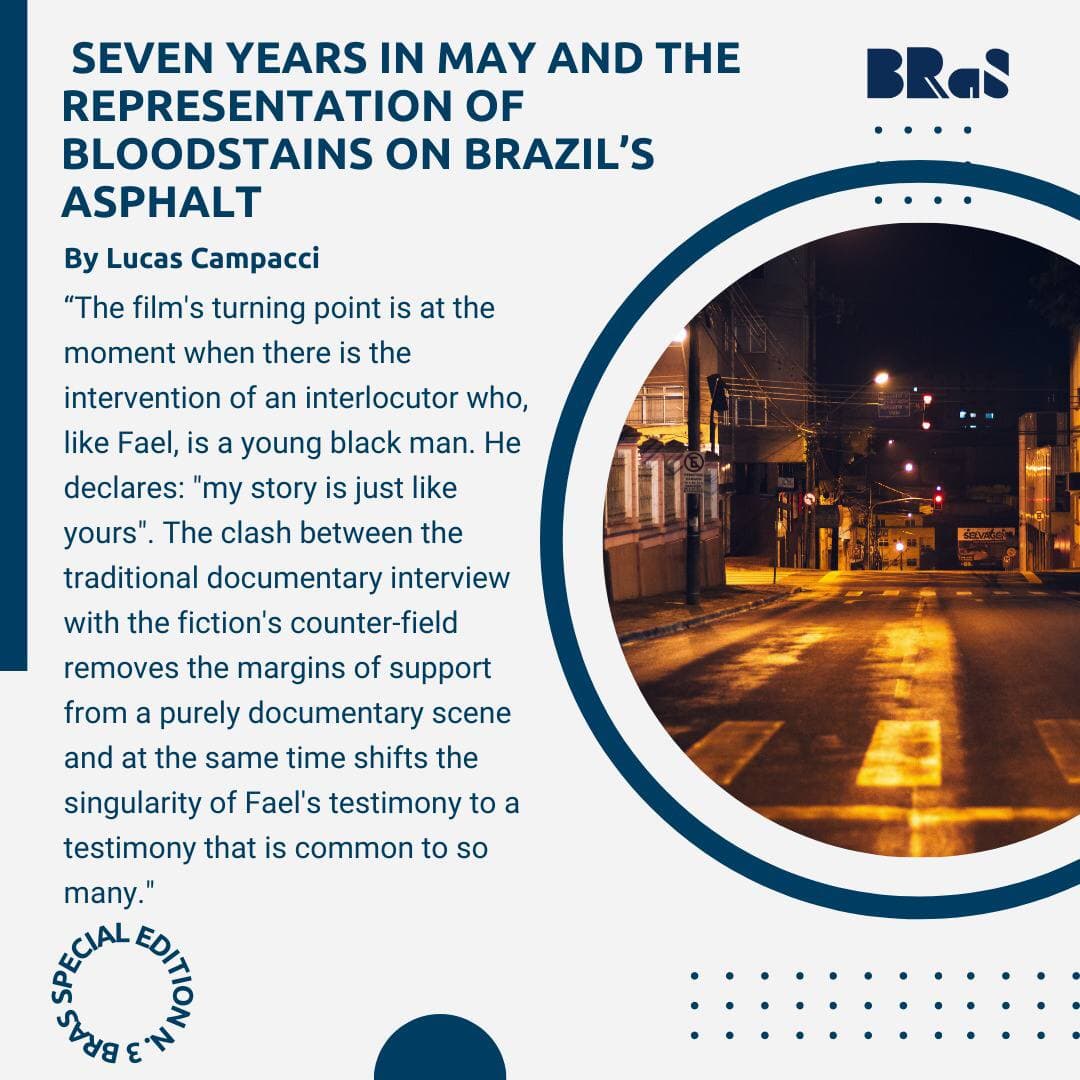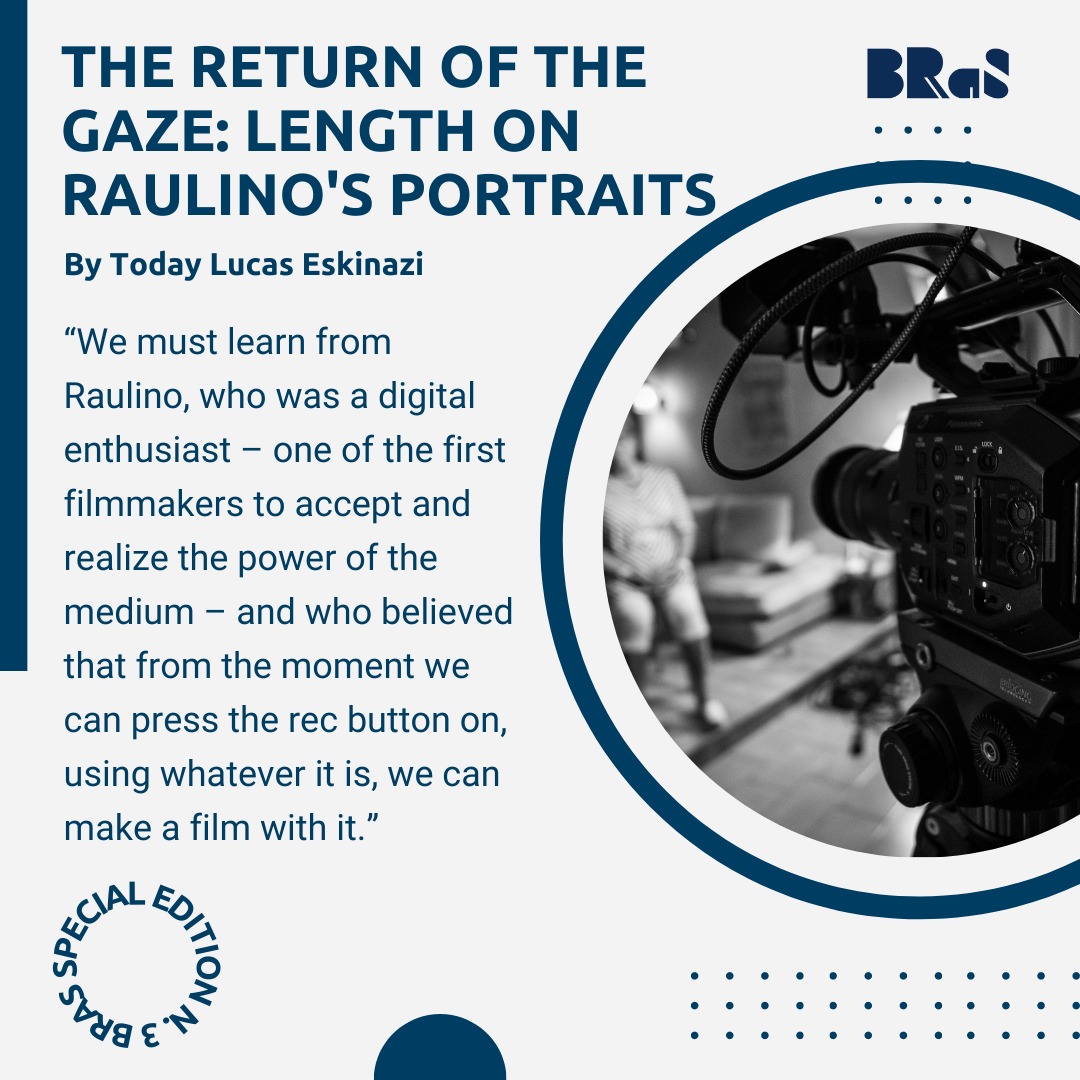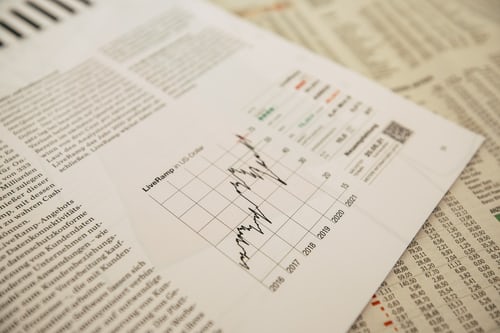As a research center, BRaS promotes and supports meaningful networks. We are continuously working to be a welcoming, dynamic, and insightful environment for collaboration. Therefore, I am delighted to share some exciting news: BRaS-Blog Special Editions (SE). Each Special Edition will have a coordinator responsible for choosing a trending topic related to Brazilian studies and inviting three researchers to write their perspectives on it.
Our launch could not be better: Flavia Batista da Silva organized a fantastic and thought-provoking SE about democratic backsliding in Brazil. In the following weeks, be ready to go deeper into the subject’s institutional, economic, and social aspects.
I am so proud of this SE, and I dearly thank Flávia for warmly accepting our invitation, as well as her creative and critical work. Finally, and as usual, I thank Giovanna and Claudia, whose remarkable work and support made this SE possible.
The Special Edition N. 1 is on! Enjoy!
Anna Paula Bennech
by Flavia Batista da Silva*
Edited and reviewed by Anna Paula Bennech and Giovanna Imbernon
Organized by Flavia Batista da Silva
Can Brazil survive Bolsonaro? That was a question recently raised by the British newspaper “The Economist,” and that has been intriguing politicians, economists, and political scientists all over the world, given the serious risks Bolsonaro’s government has been posing to Brazil’s 33-old-democracy over the last three years (The Economist, 2021). In fact, since 2019, when Bolsonaro, a far-right and former army captain, took office as the 38th president of Brazil, many already feared for the yet young, unstable Brazilian democracy. His militarized inner of ministers, undemocratic rhetoric, and active participation in anti-democratic rallies reinforced the concerns over the consequences of his government in Brazil. This special edition explores this debate by showing how Bolsonaro is currently threatening the democratic system in Brazil and why voting him out is necessary to prevent an institutional breakdown. Considering the state-of-the-art theories on democratic crisis and decline, we argue that Brazil is currently experiencing the signs of “democratic backsliding,” a debilitation of the political institutions that sustain democracy (Bermeo, 2016). In this first article, I discuss this theoretical approach using Brazil as an empirical case.
Before describing the signs of democratic backsliding in Brazil, a clear definition of democracy is needed. Democracy is here defined following the pluralist approach established by Robert A. Dahl (1971), who sustains democracy as a political system characterized by political competition and inclusiveness, where citizens must be able to formulate, signify, and have their preferences considered equally. The more competitive and inclusive a system is, the more it comes close to the democratic ideal defined by Dahl as “polyarchy.” In the past, democracy was believed to die suddenly by being shattered. Open-ended coups initiated by the military, classic executive coups, and election-day vote fraud were the most common manifests of backsliding. Since the Cold War, nevertheless, these trends have changed dramatically; democracies are more likely now to gradually erode through vexing backsliding forms. For instance, Bermeo argues that the classic backsliding varieties were replaced by promissory coups, executive aggrandizement, and strategically manipulated elections, all new forms of backsliding that now are legitimized by the democratic institutions themselves. In other words, although the occurrence of classic military and executive coups have declined substantially, the new backsliding forms continue to pose serious risks to democracies’ consolidation– perhaps even more than the past ones, given its incremental nature.
Brazil exemplifies the dangers of these new backsliding forms, especially regarding the occurrence of executive aggrandizement and strategically manipulated elections. According to Bermeo (2016), the first happens when “elected executives weaken checks on executive power one by one, undertaking a series of institutional changes that hamper the power of opposition forces to challenge executive preferences” (p. 10). In other words, it occurs when democratically elected presidents use their mandate to weaken institutions. Since taking office in January 2019, Bolsonaro has attempted to undermine Brazil’s democratic institutions. Within the executive branch, Bolsonaro has altered decrees and rules, reduced the bureaucracy’s capacity, and interfered in key state departments to fulfill the interests of his allies and protect his family. To comply with his rural’s agenda and support agribusiness, for instance, Bolsonaro has weakened the National Indigenous Foundation (FUNAI, in Portuguese) and the Brazilian Environmental Institutes (including Brazil’s Environmental Agency (IBAMA) and the National Parks Service (ICMBio). Using his executive power, Bolsonaro has also interfered and extended his control over Public Universities by not appointing the most voted provosts, thus eroding the autonomy of these institutions (Maués, 2020). Bolsonaro also ended the anti-corruption operation Lava Jato (Car Wash Operation), claiming there is no corruption within his government, yet the indictments haunting his own family show otherwise (Oliveira et al., 2020). More recently, Bolsonaro blamed the lack of funds for postponing the country’s national census, thus hindering data production about his government – perhaps as a strategy for disguising his management of the pandemic in Brazil (Ribeiro, 2021).
Bolsonaro is also laying the groundwork to discredit Brazil’s electoral process, thus working to strategically manipulate the next 2022 elections. Bermeo (2016) defines this third form of backsliding as “a range of actions aimed at tilting the electoral playing field in favor of incumbents” (p. 12). That would include “hampering media access, using government funds for incumbent campaigns, keeping opposition candidates off the ballot, hampering voter registration, packing electoral commissions, changing electoral rules to favor incumbents, and harassing opponents” (p. 13). In Brazil, Bolsonaro appears to be using his power to campaign for himself and question the electoral system. Over the last month, Bolsonaro has participated in several campaign rallies using public money. The last “motorcade” led by him in São Paulo is believed to have cost R$ 1,2 million to the government coffers (Phillips, 2021; Megale, 2021).
Additionally, since the 2018 electoral campaign, Bolsonaro has cast doubts on the Brazilian electoral system’s infallibility. More specifically, he questioned whether the Brazilian electronic Ballot Boxes could produce a fair outcome – that only being his victory (Romero, 2018). As a president, he became a tireless advocate of the paper ballot, claiming that electronic boxes are compromised due to their impossibility of being audited (Muggah, 2021). He questioned the last 2020 Brazilian Municipal Elections results after most of his preferred candidates got knocked out. After the invasion of the U.S. Capitol, he affirmed that Brazil could have worse problems than the U.S. if the vote remains electronic, yet no proof supporting his view was presented (Muggah, 2021). Bolsonaro then seems to question the electoral system only when he gets threatened or defeated by it.
The 33-old-Brazilian democracy is under severe threat. Bolsonaro is particularly helping to backslide the yet unconsolidated system by using his power to weaken important democratic institutions and discredit the electoral system. The effects of his anti-democracy playbook are especially apparent now amidst the COVID-19 pandemic’s mismanagement in Brazil. Institutional and economic crises, social inequality aggravation, and corruption scandals are some of the consequences of Bolsonaro’s aggrandizement and manipulation. The international concerns over the future of democracy in Brazil are thus not overestimated; they are rather essential to acknowledge the risks of not voting Bolsonaro out next year. Bolsonaro’s defeat seems to be the only way to prevent Brazilian democracy from backsliding and breaking down.
In the following articles of this special edition, we will discuss the Brazilian democratic crisis under institutional, economic, and social optics.
References
Bermeo, Nancy. 2016. “On Democratic Backsliding.” Journal of Democracy 27(1): 5-19.
Dahl, Robert 1971. Polyarchy: Participation and Opposition. New Haven: Yale University Press, pp. 1-32.
Maués, Antonio Moreira. 2020. Bolsonaro’s First Year: Trying to Erode Democracy. Blog of the International Journal of Constitutional Law. 06/21/2021. Available at: http://www.iconnectblog.com/2020/02/bolsonaros-first-year-trying-to-erode-democracy/.
Megale, Bela. 2021. “Motociata de Bolsonaro custou R$ 1,2 milhão aos cofres públicos de SP”. O Globo. 06/21/2021. Available at: https://www.brasildefato.com.br/2020/10/13/i-ended-lava-jato-a-reminder-of-the-bolsonaro-family-s-corruption-indictments.
Muggah, Robert. 2021. “Bolsonaro is following Trump’s Anti-Democracy Playbook”. Foreign Policy. Available at: https://foreignpolicy.com/2021/01/14/bolsonaro-brazil-trump-anti-democracy-elections/.
Oliveira, Caroline; Melito, Leandro and Sudré, Lu. 2020. “I ended Lava Jato: a reminder of the Bolsonaro’s family’s corruption indictments”. Brasil de Fato. 06/21/2021. Available at: https://www.brasildefato.com.br/2020/10/13/i-ended-lava-jato-a-reminder-of-the-bolsonaro-family-s-corruption-indictments.
Phillips, Tom. 2021. “Thousands rally at “obscene” motorcade for Jair Bolsonaro”. The Guardian. 06/21/2021. Available at: https://www.brasildefato.com.br/2020/10/13/i-ended-lava-jato-a-reminder-of-the-bolsonaro-family-s-corruption-indictments.
Ribeiro, Gustavo. 2021. “Brazil will postpone its census for yet another year”. The Brazilian Report. 06/21/2021. Available at: https://brazilian.report/number-of-the-week/2021/04/24/nationwide-census-postponement/.
Romero, Luiz. 2018. “Brazil’s radical presidential frontrunner is questioning its voting machines – especially if he loses”. Quartz. 06/21/2021. Available at: https://qz.com/1416512/bolsonaro-questions-brazils-voting-machines-especially-if-he-loses/.
The Economist. 2021. “Can Brazil survive Bolsonaro?”. 06/21/2021. Available at: https://www.economist.com/films/2021/06/04/can-brazil-survive-bolsonaro.
* Flavia Batista da Silva holds a B.A. in International Relations from the University of Brasilia, Brazil, and an M.A. in Brazilian Studies from the University of Illinois at Urbana Champaign. She is currently a first-year Ph.D. student at the University of Maryland studying Political Science. Flavia’s main interests include Comparative Politics, Brazilian Politics, elections, electoral campaigns, fake news, and democracy. E-mail: fbatista@umd.edu.
Silva, Flavia Batista da. 2021. "Special edition – Brazil’s Democratic “Backsliding”: why should we fear Bolsonaro’s government in Brazil?". Brazilian Research and Studies Blog. ISSN 2701-4924. Vol. 2 Num. 3. Available at: https://www.bras-center.com/special-edition-brazils-democratic-backsliding-why-should-we-fear-bolsonaros-government-in-brazil/, accessed on: July 11, 2025.








